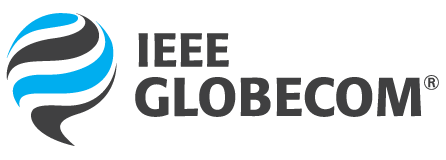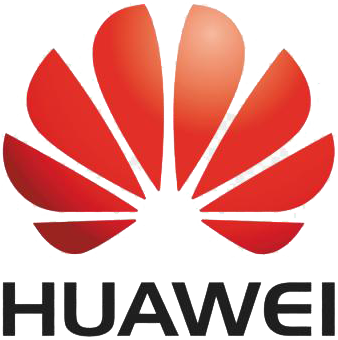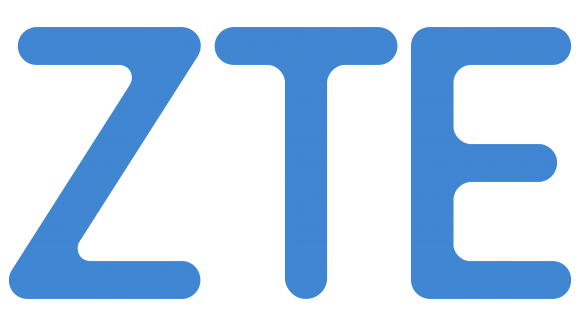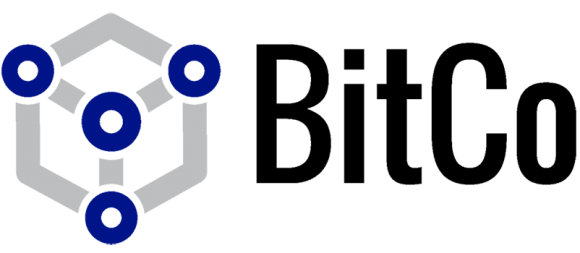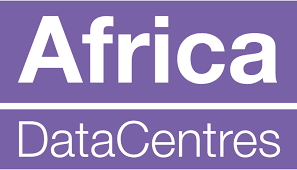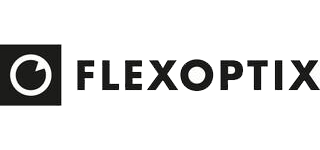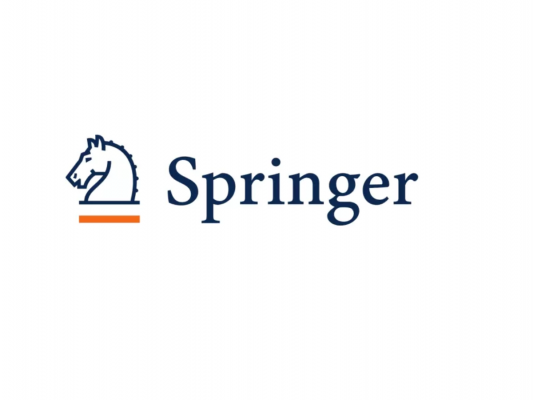WELCOME TO CHANNEL CODING BEYOND 5G (CFP, submit a paper)
Channel coding is a fundamental component in wireless communication. From 2G to 5G, wireless systems have always adopted state-of-the-art channel coding technologies. For example, convolutional codes for 2G, turbo codes for 3G and 4G, as well as polar and low-density parity-check (LDPC) codes for 5G. In turn, the standardization and applications of state-of-the-art channel coding technologies have accelerated the research and development of channel coding. What will channel coding be as the standards continue to evolve?
The upcoming 6G era promises widespread adoption of extended reality (XR) and large language models (LLMs). These applications require significantly higher data rates for transferring massive amounts of data, coupled with improved power efficiency. To fulfill these demands, 6G aims to deliver unprecedented throughput, targeting a peak data rate of 200Gbps to 1 Tbps and an experienced data rate of 100 Gbps. Compared to 5G's peak data rate of 10-20 Gbps, this represents a 10x to 100x increase. Furthermore, with such substantial data transfers, decoding energy is expected to decrease to approximately 1 pJ/bit. This ensures that overall processing energy remains equivalent to 5G levels. Achieving these goals will require substantial upgrades to the current 5G channel codes.
As the standards continue to evolve, channel coding schemes need to deliver performance surpassing that available in 5G: faster data rates, higher reliability, lower complexity, and lower power consumption. They also need to meet a more diverse range of KPIs that are not present in previous generations. Prioritizing error correction performance at the cost of high complexity and power consumption is no longer the primary focus. Instead, the design emphasis has shifted towards enabling diverse new applications with efficient implementations.
This workshop aims at bringing together academic and industrial researchers to discuss channel coding beyond 5G. Topics of interest include but are not limited to:
- High-throughput coding schemes toward 6G
- Polar coding and decoding
- Probabilistic coding, e.g., turbo, LDPC, etc.
- Hardware architecture and decoder implementations
- Joint design of algebraic and polar/probabilistic coding
- High-throughput coding schemes
- Coded modulation and shaping
- Rate matching and HARQ schemes
- Coding and decoding schemes for URLLC/mMTC/etc
- Artificial intelligence/machine learning based coding
- Joint source and channel coding
- Testbed and field trials of channel coding schemes
- Performance bounds on coding and decoding
WORKSHOP CO-CHAIRS:
- Dr. Wen Tong, Huawei Technologies Co., Ltd., Canada
- Prof. Erdal Arıkan, Bilkent University, Ankara, Turkey
- Prof. Emanuele Viterbo, Monash University, Australia
TECHNICAL PROGRAM COMMITTEE CO-CHAIRS:
- Prof. Warren J. Gross, McGill University, Canada
- Prof. Stephan ten Brink, University of Stuttgart, Germany
- Dr. Huazi Zhang, Huawei Technologies Co., Ltd., China (contact: zhanghuazi@huawei.com)
KEYNOTE SPEAKERS:
- Prof. Andreas Burg, EPFL, Switzerland
IMPORTANT DATES
- Paper submission deadline: August 6, 2024
- Acceptance announcement: September 1, 2024
- Final paper submission: October 1, 2024
SUBMISSION GUIDELINES
The workshop accepts only original and previously unpublished papers. All submissions must be formatted in standard IEEE camera-ready format (double-column, 10pt font). The maximum number of printed pages is six including figures without incurring additional page charges (6 pages plus 1 additional page allowed with a charge for the one additional page of USD 100 if accepted).
